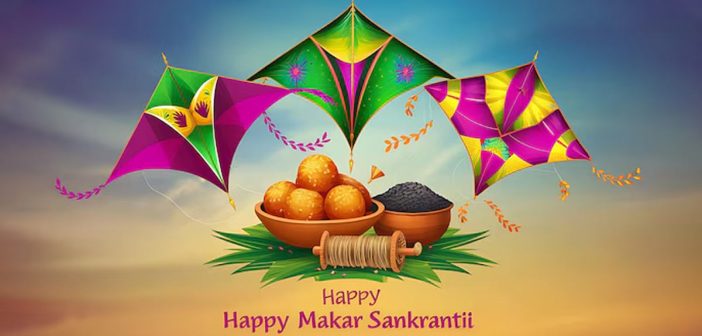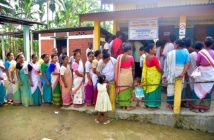India is alive with the vibrant celebrations of Makar Sankranti and Pongal, two significant harvest festivals that mark the sun’s entry into the zodiac sign of Capricorn. These festivals celebrate the end of winter and the promise of longer days, symbolizing renewal and abundance.
Makar Sankranti: A Pan-Indian Celebration
Makar Sankranti is celebrated across India with unique regional traditions. In the north, states like Punjab and Haryana celebrate Lohri with bonfires, traditional dances, and sweets made of jaggery and sesame. Gujarat and Rajasthan, known for their colorful kite festivals, see the skies filled with kites as part of the Uttarayan celebration.
In West Bengal, the Gangasagar Mela draws pilgrims who take a holy dip at the confluence of the Ganges and the Bay of Bengal. This ritual is believed to purify the soul, and the fair sees millions of devotees annually, showcasing its religious and cultural importance.
Pongal: Tamil Nadu’s Harvest Festival
In Tamil Nadu, Pongal is a four-day festival of thanksgiving to the Sun God. It begins with Bhogi, where old items are discarded and burned in bonfires, symbolizing the shedding of past burdens. On the second day, Surya Pongal, families cook ‘Pongal’—a sweet dish made from freshly harvested rice, milk, and jaggery—offered in prayer. The following days, Mattu Pongal and Kaanum Pongal, celebrate cattle and community, highlighting the festival’s agricultural significance.
A Celebration of Unity and Prosperity
Makar Sankranti and Pongal embody the agricultural essence of Indian culture, celebrating the harvest’s bounty and the sun’s journey. These festivals bring people together, transcending regional and cultural differences, fostering unity, gratitude, and hope for a prosperous future.
As the festivities unfold, the spirit of these celebrations shines through, uniting the nation in a shared expression of joy and thanksgiving.






